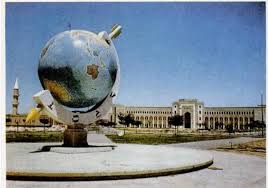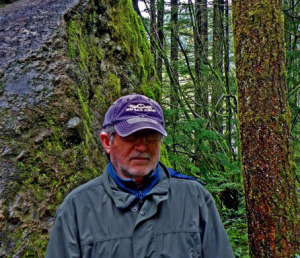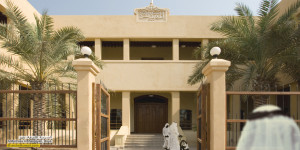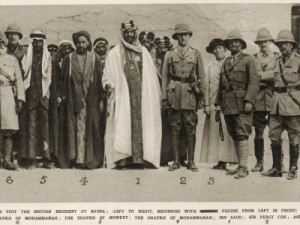“Their lingering hostility reflects a widespread mistrust of military leadership among Iraqi troops, one of a host of problems hampering U.S.-backed efforts by Iraq’s central government to revive the security forces after a meltdown last year as Islamic State advanced. “It’s a common thing for us to see our commanders abandoning us,” said Sgt. Adwani. He recounted an experience last year in Ramadi—the provincial capital of Anbar, which Islamic State seized in May—where his captain retreated during a close firefight. Ammar Mohamad, an explosives specialist receiving new training from Spanish, Portuguese, and American soldiers at this Iraqi base some 50 miles south of Baghdad, remembered getting orders to withdraw from Mosul as Islamic State assaulted the city in early June last year…………”
Years ago, during the sectarian mini civil war in Iraq, the issue of the division of Iraq was widely discussed inside and outside that country. The issues of federalism and confederation was also discussed by Iraqi factions and famously suggested by then Senator Joe Biden and Leslie Gelb. That was when the Jordanian terrorist Abu Mus’ab Al Zarqawi and other foreign uninvited Wahhabi ‘guests’ set to provoke Iraqi Shi’as against Iraqi Sunnis and vice versa. At some point the issue faded as Iraq became engulfed in a complex multi-faction conflict that went beyond sect and geography.
Now, as Al Qaeda in Iraq ( AQI ) has morphed into the Caliphate of ISIS (DAESH) that threatens Iraqis across their publicized “identities” you would think the issue of some form of political division would be on the back burner. Apparently it is not: it is being fed by sectarian violence among the various “good Iraqis”. It is also being fed by some Westerners, including many in the U.S. House and Senate who apparently think they have no urgent domestic American issues to deal with. But ISIS have already created their own division, their own Caliphate, and unless Iraqis can solve their sectarian issues, DAESH will not go anywhere.
Often economic forces usually trump political ambitions and passions, in the end. Economic forces draw the boundaries and limits of political action. In Iraq, that is the case in the end, if there is to be a viable situation. The distribution of economic resources in Iraq, either oil or agriculture, are tilted toward the southern regions, the mainly Shi’a lands and to a lesser extent the northern mainly Kurdish lands. The Kurds now have Kirkuk, courtesy of the blitzkrieg of ISIS into Mosul in 2014. They probably believe their borders are mostly set, subject to developments in Baghdad and the vagaries of the ruling Turkish Islamists under their neighbor Caliph Erdogan. That leaves much of the Euphrates basin and the vast desert of southwestern Iraq. That is where “it is the economy, stupid” comes in.
Al Anbar province and the rest of what the media and pundits call the “Sunni” areas are economically handicapped. Some agriculture and ranching, with little oil, do not create a viable political entity, especially for a landlocked region. Al Anbar is not Switzerland or Austria: it has even less natural resources than landlocked Afghanistan. If the western regions of Iraq can’t depend on Baghdad, they will have to rely on the “outside”.
An independent western Iraq will have to rely mainly on Saudi Arabia and maybe Qatar or UAE to support its economy. It is unlikely that these countries want to carry the burden of these millions, no matter how much sympathy they have and how tempting politically. Besides, just think of the disputes over the borders, with Baghdad and with the Kurds. That would set Iraq up for continued internal conflict, then as now financed and fueled by outside money and volunteers. It would be outside Salafi influence trying to sway Iraqi Sunnis who are mostly moderates and are averse to Wahhabism.
Federalism with an American-style system (or even a German system) that protects the rights of the regions and their peoples seems the best solution. But not a feasible solution now. Alas, Iraq is not like America or Germany. Nobody there that remotely seems as capable of the task as a Hamilton or a Madison. No Iraqi Publius……….
Cheers
Mohammed Haider Ghuloum 
[email protected]









